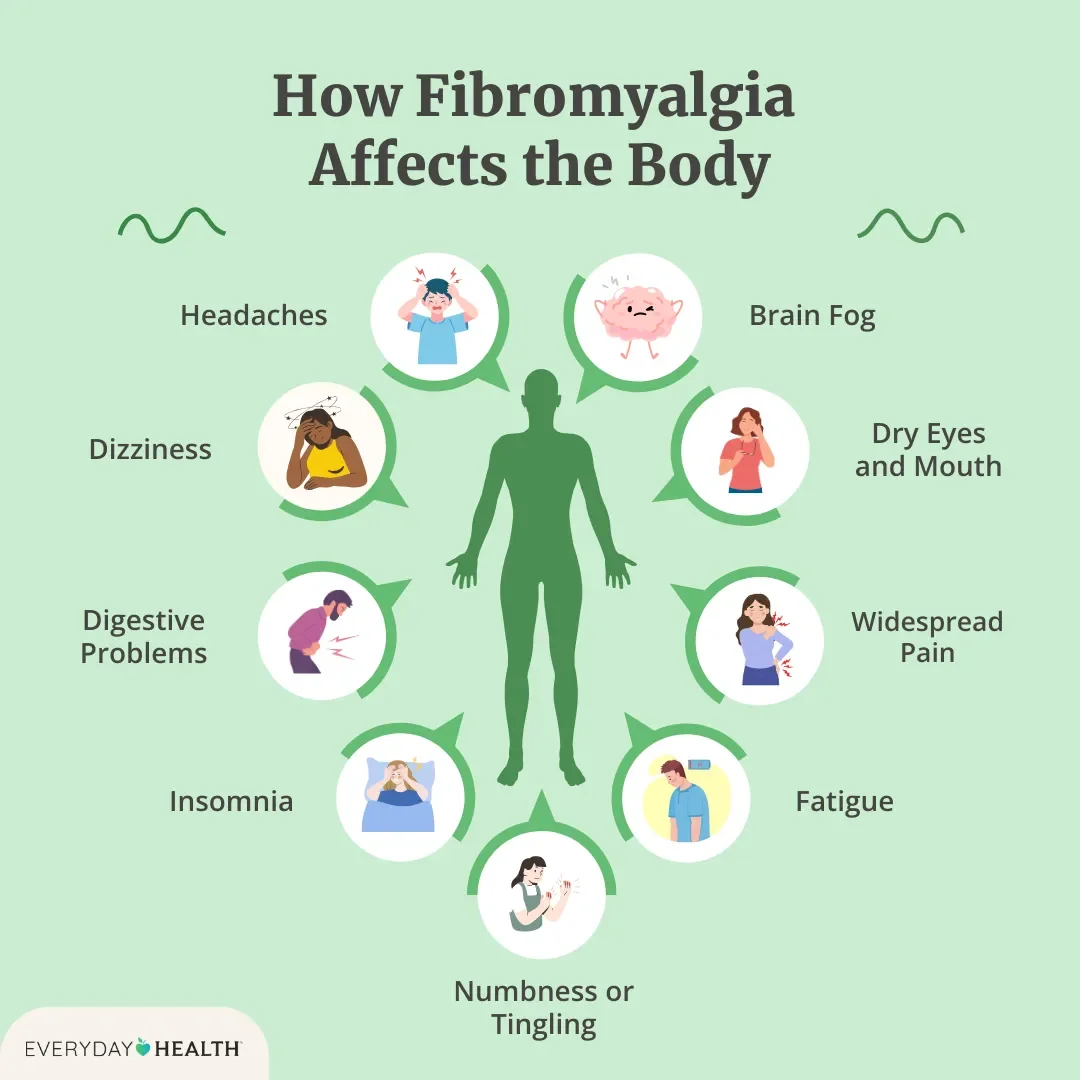Fatigue & Functional Medicine
Fatigue is one of the most common yet overlooked symptoms in modern healthcare. If you're waking up tired, crashing in the afternoon, or constantly running on empty, it’s a sign your body is struggling to keep up. In functional medicine, we view fatigue not as a diagnosis—but as a symptom that your body is out of balance.
Whether it stems from nutrient depletion, hormone imbalances, chronic infections, poor detoxification, or mitochondrial dysfunction, we dig deeper to find and fix the root causes of your low energy.
What Is Fatigue?
Fatigue goes beyond being “just tired.” It’s a persistent lack of energy that isn’t resolved with rest. It can impact your physical stamina, cognitive function, emotional resilience, and overall quality of life. Many people with chronic fatigue feel dismissed or told their labs are “normal,” even though they know something is off.
Functional medicine uses advanced tools and testing to investigate the underlying stressors—often hidden—draining your energy reserves.
Common Types of Fatigue Patterns
Fatigue can show up in many forms, including:
Adrenal Fatigue or HPA Axis Dysfunction: Often due to chronic stress, leading to a “tired but wired” feeling or energy crashes.
Post-viral or Chronic Fatigue: Seen after infections like Epstein-Barr, COVID, or Lyme disease.
Mitochondrial Dysfunction: Poor cellular energy production, often linked with toxins or oxidative stress.
Anemia or Low Oxygen Delivery: Caused by low iron, B12, or chronic inflammation.
Blood Sugar Dysregulation: Energy highs and crashes, irritability when hungry.
Thyroid Imbalances: Especially underactive thyroid (hypothyroidism or Hashimoto’s).
Sleep Disorders: Insomnia, sleep apnea, or poor sleep quality preventing full restoration.
Toxic Overload: From mold, heavy metals, plastics, or poor detox pathways.
Signs and Symptoms of Chronic Fatigue
While fatigue is a symptom in itself, it often comes with other signs that give clues to the root cause:
Needing caffeine to function
Mid-morning or afternoon energy crashes
Trouble waking up despite 8+ hours of sleep
Brain fog or poor concentration
Low motivation or feeling “burned out”
Muscle weakness or post-exertional malaise
Poor exercise tolerance or recovery
Increased sensitivity to stress or stimulation
Cold hands/feet, dry skin, or low mood
Feeling worse after eating (especially high-carb meals)
Fatigue in Women
Fatigue in women is often linked with:
Hormonal fluctuations (PMS, perimenopause, postpartum)
Undiagnosed thyroid issues (especially Hashimoto’s)
Iron deficiency anemia or heavy periods
Nutrient depletion from birth control or dieting
Emotional labor and chronic stress load
Fatigue in Men
Men may experience fatigue due to:
Low testosterone or adrenal burnout
Overtraining and under-recovery
Sleep apnea or snoring
High job stress or shift work
Metabolic issues and weight gain
What Causes Fatigue?
Fatigue is a systemic issue—often the result of long-term stress on multiple body systems. Functional medicine looks beyond basic labs to uncover drivers such as:
Blood sugar imbalances and poor metabolic flexibility
Hidden infections (viral, bacterial, parasitic, mold)
Environmental toxin exposure
Gut imbalances or leaky gut impacting nutrient absorption
Mitochondrial damage or oxidative stress
Hormonal imbalances (cortisol, thyroid, sex hormones)
Nutrient deficiencies (iron, B12, folate, magnesium, CoQ10)
Nervous system dysregulation and trauma patterns
How Functional Medicine Supports Energy and Vitality
Functional medicine restores energy by identifying what’s draining your system and rebuilding from the inside out. Your personalized care plan may include:
Comprehensive bloodwork, hormone testing, and mitochondrial markers
Gut healing and microbiome balancing
Anti-inflammatory, nutrient-rich food plans
Blood sugar and circadian rhythm stabilization
Targeted supplements for energy metabolism, adrenal support, and detox
Nervous system support (vagal tone, breathwork, stress modulation)
Gradual reintroduction of exercise and recovery tools
Sleep optimization strategies (light exposure, nervous system care)
Note: Functional medicine can complement traditional care and offer answers when you’ve been told “everything looks normal”—but you still don’t feel like yourself.


